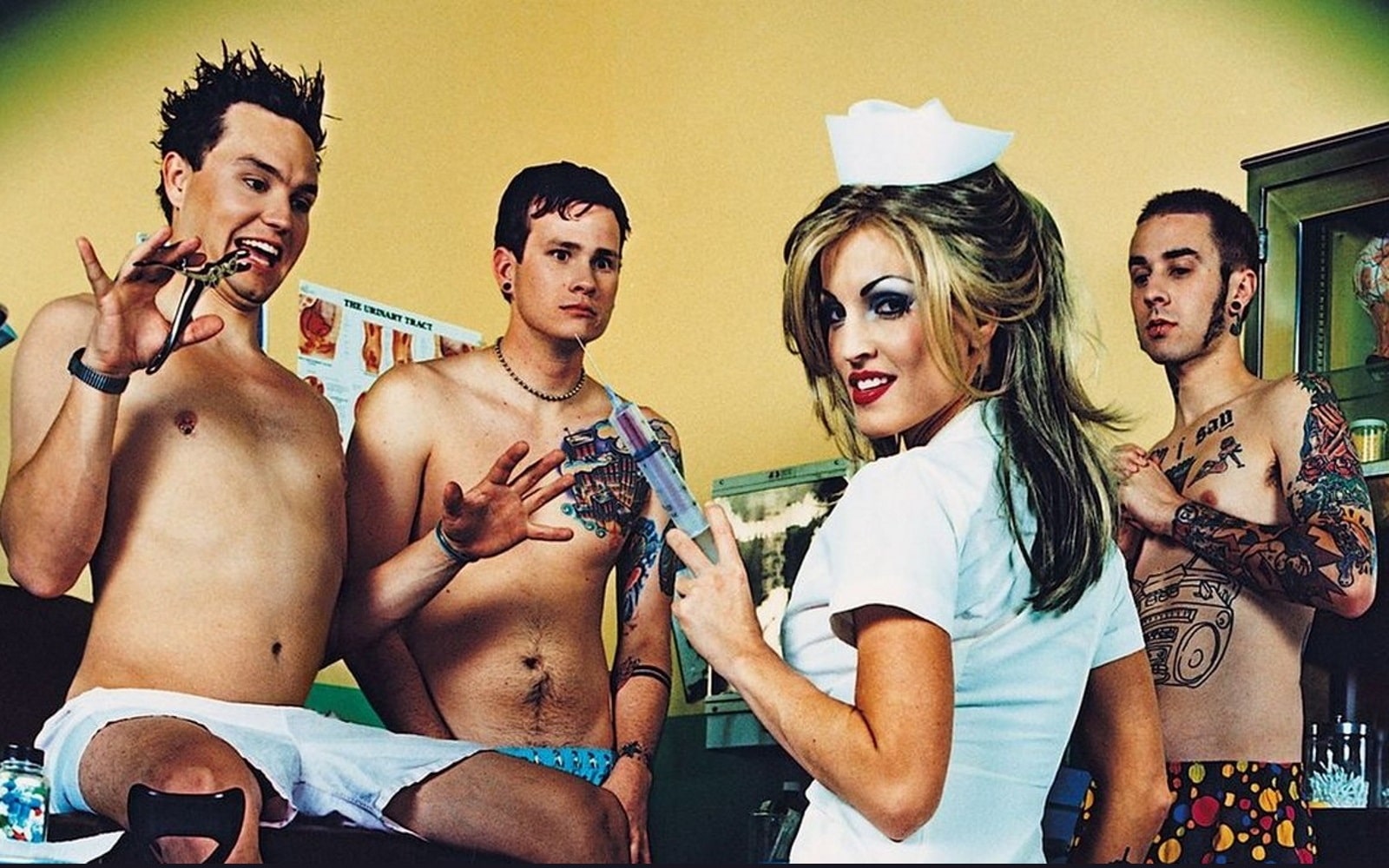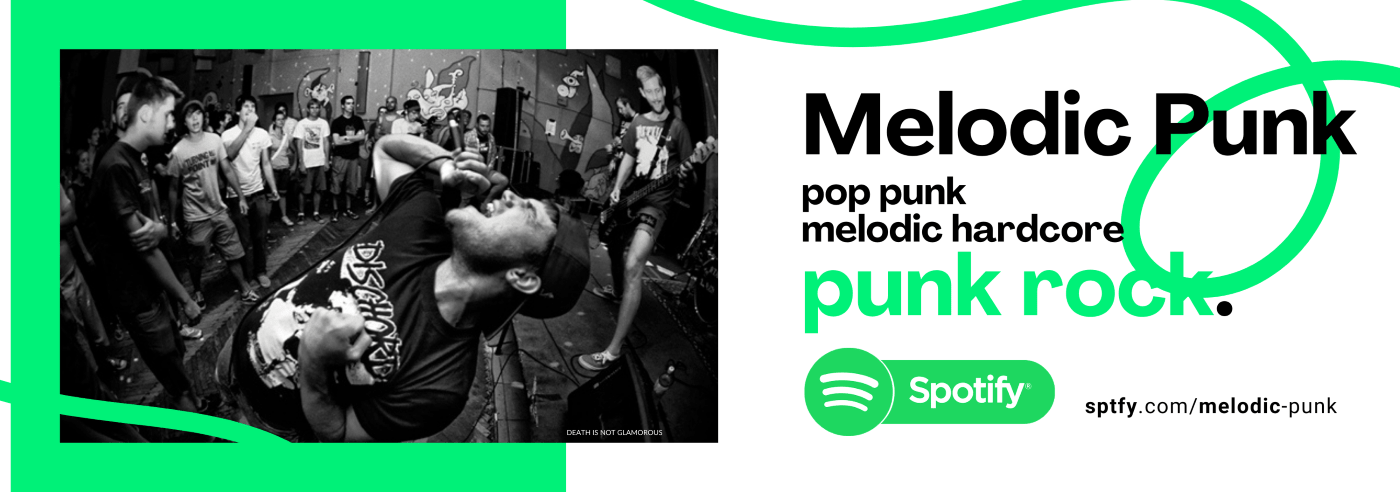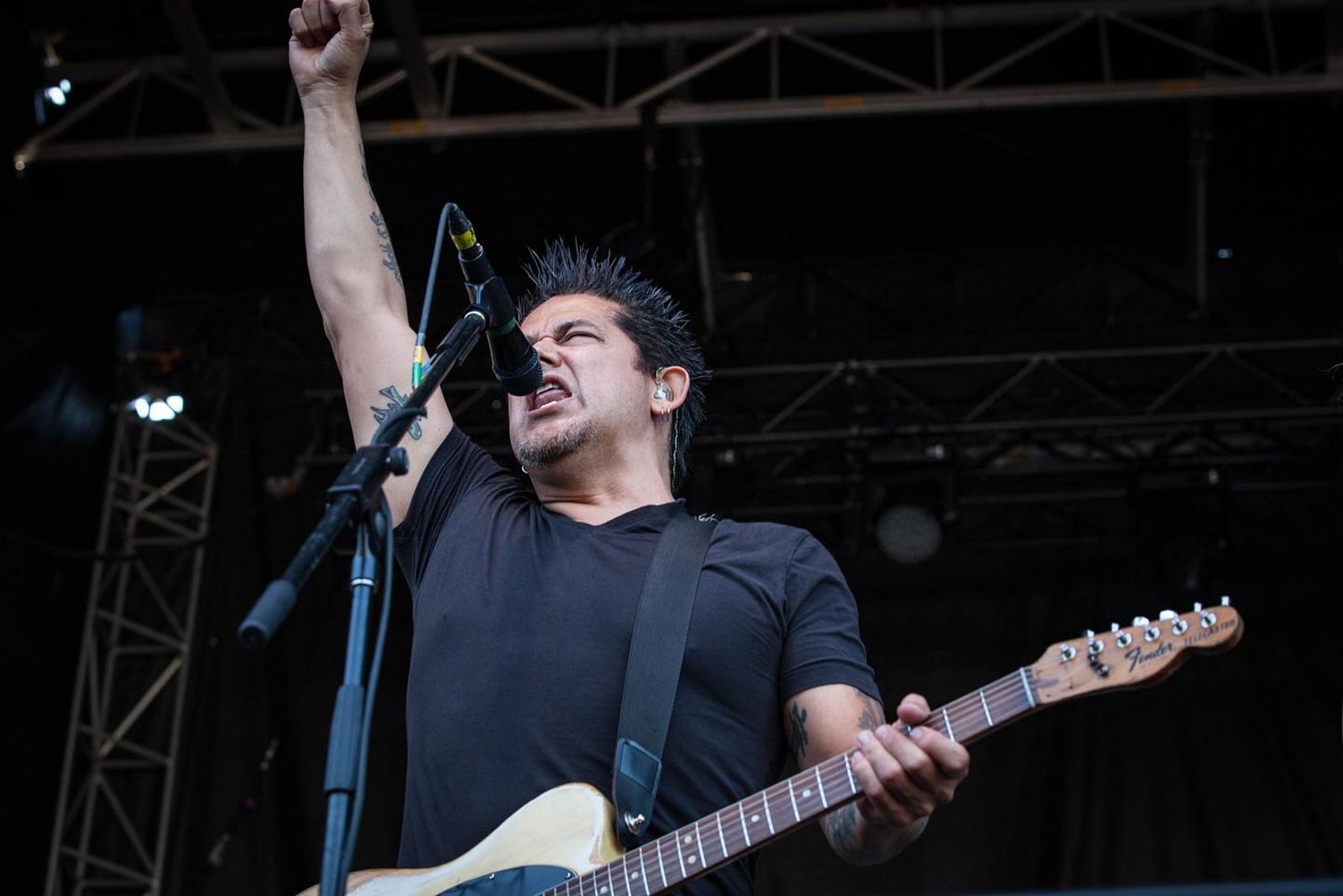With the last year having been practically wiped out for musicians, in terms of live music in concerts and gigs being canceled worldwide, musicians have had it rough with finding ways to stay alive during these times. Many groups and artists have turned to look for other avenues of income where they can still play and utilize their music. One such way is known as commercial music licensing.
Music licensing allows the use of music in full songs, pieces of songs, or short tracks for creative (like a producer or director) to use commercially. Most of the time it can be used for things like advertisements, films, or even an actual commercial you would see on television.
The question is – would you consider this “Selling Out?” – some musicians might deem that so. The main objective of musicians is to create albums to be heard around the world, not sell a song or two for a youtube ad. But then again, desperate times can sometimes call for desperate measures.
Let’s explore some punk bands that have commercial licenses for their music, and then you can decide if you think they have sold out, or merely, found another source of income to keep their band afloat.
THE MISFITS
The Misfits are well-known in the punk scene, having been one of the first to demonstrate the use of horror within the musical genre, eventually adapting the mascot of a skull which has long been associated with the group. Back in August 2012, however, the band broke into the music licensing scene, allowing some producers to use their songs in advertisements.
Their song “Where Eagles Dare” was featured in a commercial for the rum brand Sailor Jerry, which to most people’s surprise, was very well received. It was an appropriate placement since punk music and alcohol seem to blend very well together. The commercials were created by Quaker City Mercantile, an agency in Philadelphia, as part of a campaign that also included digital ads, social media, print ads, and outdoor ads. But the main ad featured the punk group’s song and was a very fast-paced, edgy commercial with quick snippets of archives with concerts and documentaries. The high energy song was the perfect compliment to the age-old liquor.
BLINK 182
Another well-known punk/pop group, Blink 182 had a hit in mainstream music with their song “All The Small Things”, which to some true punk fans was already considered selling out, before the song was picked up and loved by ad executives everywhere. It was most recently used in the commercial for the HTC phone.
An already well-established group, like these first two listed, may not have to worry about any backlash from those who believe that going commercial is a way of selling out your music. Licencing companies can actually help bands.
For instance, Marmoset’s song & music licensing platform has helped artists gain more visibility and traction for those bands that were lucky enough to have their music utilized by producers and creatives on commercials that are seen by so many nation-wide. There were multiple forums all over the internet for these groups, asking “What was that song on the commercial for….?” So it’s safe to say that instead of selling out, these punk groups end up building their fanbase.
THE BUZZCOCKS
Seminal band The Buzzcocks, known well throughout the UK especially as a prevalent punk rock band, are featured in the AARP ad with their song “Everybody’s Happy Nowadays.” How odd is it that a punk band sneaks into pop culture in such a way that is referring to those ‘older’ folks about reaching retirement age? Not to mention the irony in the way that the song’s lyrics are talking about how everyone is happy.
But then, there are the crazy lines in the song that go “Life’s an illusion/Love is a dream” and then it hits you – many of the AARP members have dementia. This most likely by fans would and should be considered selling out. Because, on a serious note, what punk rock group wants to be associated in such a way?
GOOD CHARLOTTE
Probably the best way to be sure you’re not a sellout is by actually BEING a part of the ad that features your music. That way no one can use your music for something you’re not already overseeing, and the band gets to actually be seen, not just heard.
Punk group Good Charlotte got to do just that for Donkey Konga 2 in their commercial, which was not only an ad for the video game itself but the game also actually features the band’s music. A great way to highlight both the game and the group in this commercial.
This is a perfect example of how a punk group can stay real to their music while backing something that they believe in. Let’s face it, the root of all punk music is that you’re making a statement, and your fans support not only your music but your message. Having fun playing a video game is a great way to endorse something that the band probably already does on those long bus rides when touring, right? Not to mention getting the exposure on a higher level.
Overall, the ultimate decision of whether or not to license your music in other ways than playing or making an album is really up to the band – but you cannot forget that it is also up to their fans. Having a fanbase is everything as a musician because they can make or break the band. So, if your group has a large following you want to make sure that the music is servicing them. In some cases, bands have to pivot and do something more ‘out of the ordinary’ with their music in order to keep income coming in, or music being broadcast. But is it actually “selling out” or is it just a smart business move?
There are decent arguments both ways. The most important part of doing anything with music licensing is knowing your limitations, and how far you will go for the almighty buck.
Can you sacrifice morals, or even just be a part of an advertisement that you don’t really believe in, or for a product or service you (or any of the band members) even use? In some cases, bands have to stay true to their music and their message that they believe is right, and turn down those kinds of offers so that they aren’t selling out.















